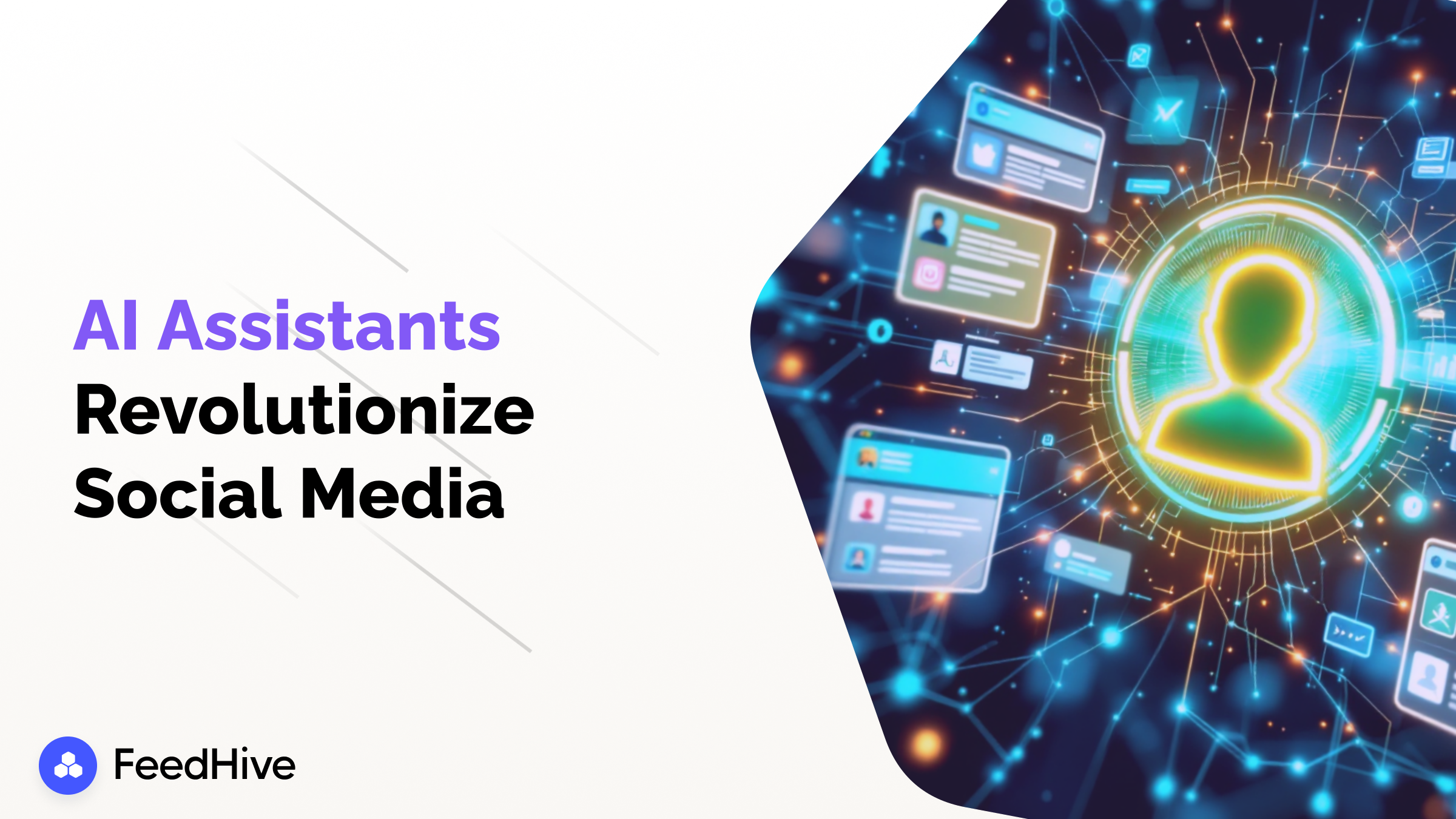
Artificial intelligence is revolutionizing the way we interact on social media, bringing tailored experiences and real-time engagement to new heights. Today’s smart virtual assistants work by analyzing online behavior, automating routine interactions, and even generating content. As both consumers and businesses embrace these AI-driven tools, understanding their impact on personalization, efficiency, and ethics becomes crucial.
The rise of AI-powered virtual assistants is reshaping digital interactions on social media. These assistants are not just digital tools; they are transforming the overall user experience by taking on roles that were once exclusively human. Social platforms have started integrating AI to assist with content creation, conversation management, and even customer service. For instance, Meta is pioneering the integration of AI-generated characters that can craft bios, profile pictures, and share content—especially appealing to younger audiences (Financial Times). This initiative exemplifies how AI is blurring the lines between human and machine interactions, making online social experiences more dynamic and engaging.
AI algorithms are at the core of personalized experiences on social media. By analyzing user behavior, preferences, and interactions, these systems can tailor content to suit individual tastes. This enhanced personalization has several key benefits:
Research from The Palos Publishing Company emphasizes that this tailored approach significantly boosts engagement levels (Palos Publishing). This degree of personalization is being increasingly adopted by social media management tools like FeedHive, which use intelligent scheduling and content recommendations to ensure that every post reaches its intended audience at the optimal time.
One of the most transformative aspects of AI in social media is its ability to provide instant, automated responses. Whether it's answering customer queries or moderating discussions, AI-powered assistants are stepping in to ensure that interaction never stalls:
According to a report on ReplyPilot, AI-driven assistants are significantly improving customer interaction by providing immediate responses and personalized service (ReplyPilot). This technological evolution not only enhances efficiency but also bridges the gap between users and businesses in real time.
The integration of AI into social media platforms contributes notably to user satisfaction and retention. Users enjoy smoother experiences, faster responses, and content that feels freshly curated. Here’s how AI is playing a crucial role in driving satisfaction:
This heightened focus on personalized experience and efficiency contributes to a more loyal user base, as users feel recognized and valued by the digital platforms they frequent.
Despite the remarkable benefits, the rise of AI-powered assistants comes with its significant challenges and ethical dilemmas:
Balancing these ethical concerns is imperative as we navigate the increasingly blurred lines between automated and genuine human interaction.
Several social media platforms have successfully harnessed the power of AI to improve user engagement and operational efficiency. Notable examples include:
These case studies underline the diverse applications of AI across various aspects of social media, offering valuable insights into both its potential and its challenges.
Looking ahead, AI-powered virtual assistants are poised to become even more indispensable in the realm of social media. Future developments are likely to focus on:
As these trends converge, the role of AI in social media will likely evolve from being a helpful tool to becoming a critical component of digital interaction—one that requires careful balancing between automation and the human element.
AI-powered social media assistants bring both promising opportunities and notable challenges. Their capability to personalize content, automate responses, and enhance user engagement is transforming how we interact online. However, the challenges of data privacy, algorithmic bias, and the potential for misinformation remind us that the human element must always remain a key consideration. As we continue to integrate these tools into everyday interactions, striking the right balance between technological convenience and authentic human connection becomes paramount. This equilibrium will not only foster more genuine engagements but also ensure that social platforms evolve in a way that is both innovative and ethically sound.